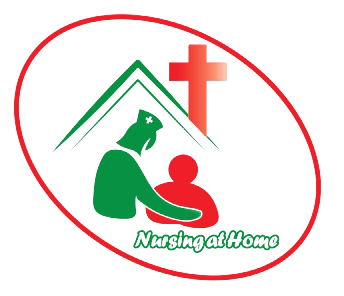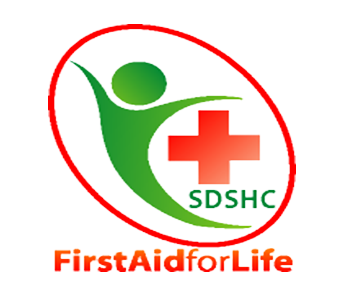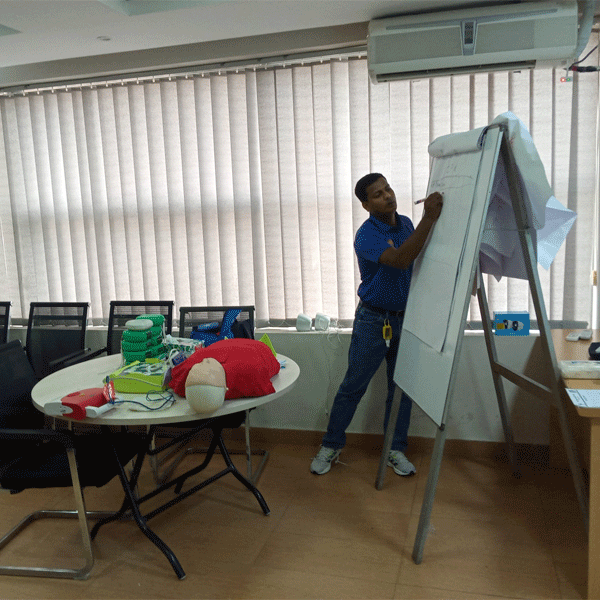ACLS – Advanced Cardiac Life Support (Int.)
Make an Appointment
The most advanced medical templates specializing in
every aspect of healthcare.
Opening Hours
Thursday - Saturday
09.00 - 05.30
Emergency Service
24 Hours
Course Topic
In-depth knowledge of cardiac emergencies
ACLS training provides advanced knowledge and skills to recognize and manage various types of cardiac emergencies, such as cardiac arrest, stroke, and acute coronary syndrome.
Improve patient outcomes
The timely and effective implementation of ACLS interventions can improve patient outcomes, reduce morbidity and mortality, and minimize the risk of complications.
Required for certain healthcare professions.
ACLS certification is required for healthcare professionals who work in critical care areas, such as emergency departments, intensive care units, and cardiac catheterization labs.
Enhance professional skills
ACLS training offers healthcare professionals the opportunity to enhance their skills and knowledge base, which can lead to career advancement and professional growth.
Build confidence
With advanced training in ACLS, healthcare professionals can gain confidence in managing critical cardiac emergencies, leading to better patient care and improved job satisfaction.
Meet regulatory requirements
Many regulatory bodies and accreditation organizations require healthcare providers to complete ACLS training as part of their certification or licensing requirements.
Our Partners


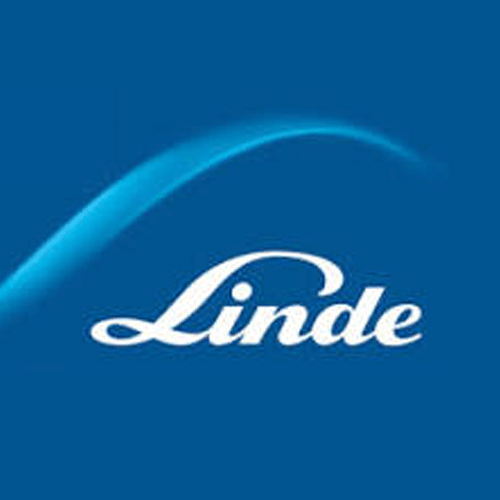


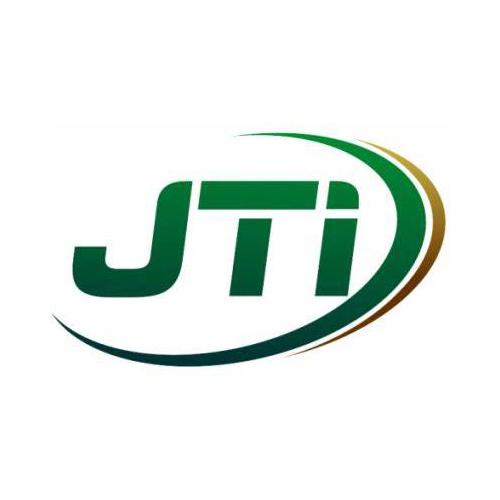
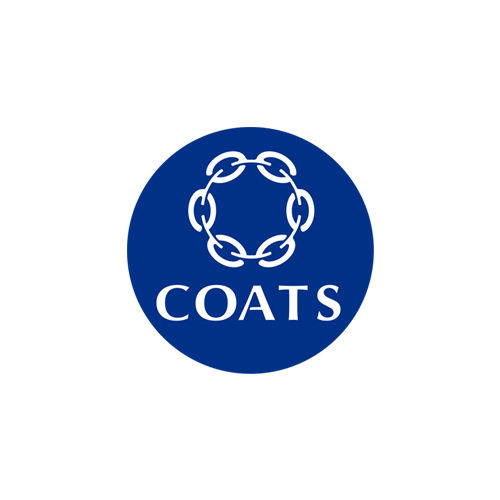
Frequently Asked Questions

